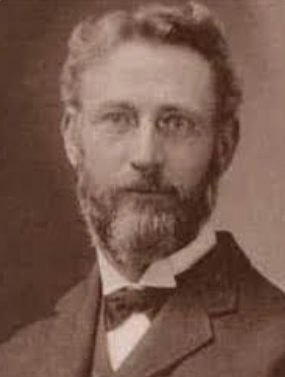PMW 2024-048 by Kenneth L. Gentry, Jr.
I am working my through Matthew showing the rejection of the Jews from God’s kingdom and the inclusion of the Gentiles. This helps us to see why the Olivet Discourse is given so late in Jesus’ ministry. He has given Israel every opportunity to believe in him, but they have refused. In the process we are seeing the gradual inclusion of the Gentiles in the biblical narrative. We are now ready to consider a few parabolic warnings to Israel, especially her leaders.
Matthew 22
In Matthew 22:1–14 Jesus presents the parable of the king (God) who gives a wedding feast for his son (Jesus). Those originally invited (the Jews, Matt. 10:5; 15:24) refuse to come (they do not accept Jesus as the Messiah, Matt. 23:37; 27:25; cp. John 1:11; cp. Acts 13:46; 18:6; 19:19)). As a consequence, “the king was enraged and sent his armies, and destroyed those murderers, and set their city on fire” (22:7).
This speaks of the Romans burning Jerusalem in AD 70, of which Josephus writes: “one would have thought that the hill itself, on which the temple stood, was seething hot, as full of fire on every part of it” (J.W. 6:5:1 §275). Of the Romans we read that: “they went in numbers into the lanes of the city with their swords drawn, they slew those whom they overtook without and set fire to the houses whither the Jews were fled, and burnt every soul in them” (J.W. 6:8:5 §404). Continue reading →






 PMW 2024-043 by Kenneth L. Gentry, Jr.
PMW 2024-043 by Kenneth L. Gentry, Jr. PMW 2024-042 by Kenneth L. Gentry, Jr.
PMW 2024-042 by Kenneth L. Gentry, Jr.
Recent comments